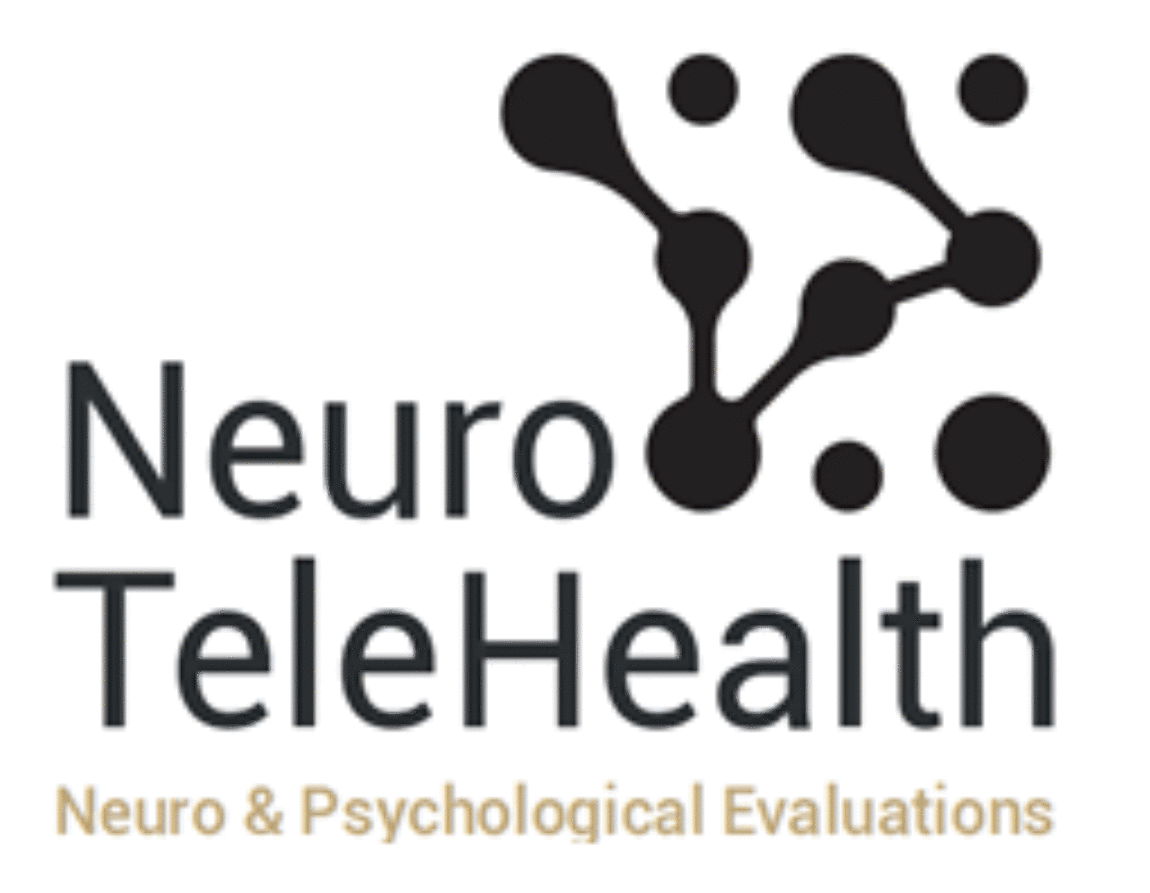What does a Neuropsychological Evaluation entail?
- An Intake Form will be mailed to you and should be filled out and brought to the first appointment. Intakeforms provide information about current concerns, medical, developmental, and social history.
- The Interview is typically one hour long. The purpose of the Interview is to gather a complete history and determine current concerns.
- The Evaluation will consist of pencil and paper tests, questionnaires, and some work on a computer. A comprehensive evaluation will take several hours over the course of at least 2 days.
- The Written Report will be available approximately 2 weeks after the last testing session.
- After the report is written, a Feedback Session will be scheduled and all the results and recommendations will be explained in detail.
- Results will also be personally communicated to other professionals, such as doctors, psychologists, and teachers as required.
What areas are assessed?
- Intellectual Assessment
- Academic Achievement
- Expressive and Receptive Language and Communication Skills
- Attention/Concentration
- Learning and Memory
- Executive Functioning
- Visual Spatial and Visual Perceptual Functioning
- Motor Ability
- Emotional and Behavioral Functioning
- Adaptive Functioning
Why should you have a Neuropsychological Evaluation?
Children:
- A neuropsychological evaluation is recommended when your child is struggling in school.
- When there is a large disparity between your child’s potential and their performance in school.
- You suspect your child has a learning disability (reading, writing, spelling, or math).
- Your child has trouble processing information (Auditory Processing Disorder, Visual Processing Disorder)
- You child may have ADHD.
- Your child has suffered a concussion or brain trauma.
- Your child has been exposed to toxins such as lead poisoning, carbon monoxide, etc.
- Your child has developmental delays (Autism Spectrum Disorder, PDD).
- Your child is exhibiting behavioral issues.
- A current neuropsychological evaluation is required for private school or gifted programs.
- Your child has a neurological disorder such as epilepsy, lyme disease, or stroke.
Adults:
- A neuropsychological evaluation is recommended to examine current cognitive functioning or deficits.
- You suspect a neurodevelopmental disorder that originated in childhood (ADHD or a learning disability).
- You are experiencing memory loss.
- You are experiencing personality changes.
- You suffered from a TBI or concussion.
- You a required to undergo a neuropsychological workup in order to return to work following an injury.
- You suffered a stroke.
- You have a neurological disorder such as Parkinson’s Disorder, Multiple Sclerosis, or Huntington’s Disease
- You have been exposed to toxins.
